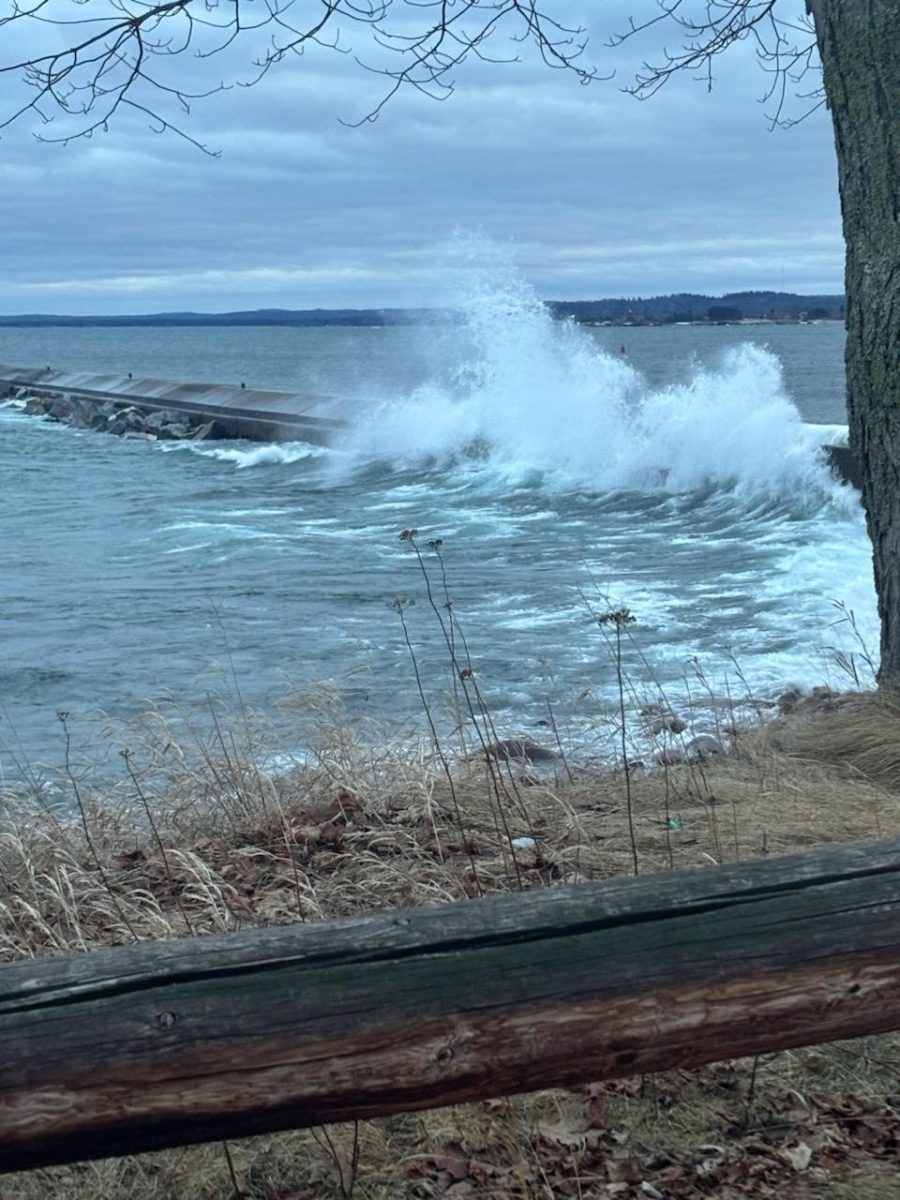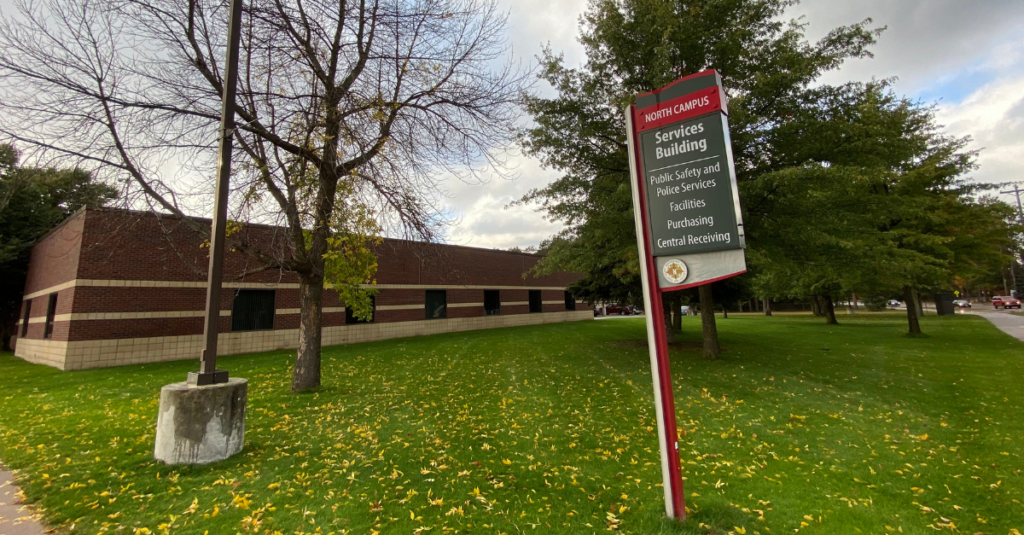Students may not be aware of the NMU Police Activity Log, which has useful information about all crimes and incidents happening on campus. This is updated in real-time as events unfold. The log has dates, times, types and actions taken about the incidents to keep students vigilant of police activity on campus. Some incidents are more common, so here’s a look at common entries, and what they mean.
Firstly, a common report is harassing communication. Harassing communication in a nutshell is any sort of contact between people that makes the receiving end feel uncomfortable or unsafe. Deputy Chief of NMU’s Police Department Jeffrey Mincheff was able to provide some clarification on incident types.
“Harassing communication can be any type of communication. It can be verbal, it can be done through text or social media,” Mincheff said. What is important to realize, is the content the sender chooses to say or send to someone. “It can be in a form of a threat or any form that causes issues,” he said.
Mincheff explained that something to recognize is that everyone interprets things differently. Not everyone would be cool with telling them ‘I’m going to hurt you.’ Especially if the person has a history of being abused, or if the person sending it has a history of abusing others. It’s important to be mindful of the implications of the words said to others.
“After a while it becomes bothersome; I think it becomes stressful,” Mincheff said. “I think it creates anxiety, and in some cases, it can cause fear.”
With the pandemic, school, social life and other issues, people have enough to worry about already. There is no need to be bugging people against their wishes on top of this.
Secondly, there are two main kinds of minor in possession, the type of which would specify either drugs or alcohol. On the log, a lot of times it will say MIP and then VCSA in parenthesis. VCSA stands for a violation of the controlled substances act.
“MIP means we confiscated or came in contact with a student who is under the age of 21, and they were in possession of marijuana, more than likely,” Mincheff said.
He also explained that just because Michigan allows marijuana for recreational use as a state, it doesn’t mean that NMU does. Many universities must follow federal law.
“Typically, we’ll take whatever they have away from them and refer them to the dean. We could write a ticket, depending. It’s a civil infraction … it depends on the circumstances,” added Mincheff.
Driving under the influence is another issue, as well as operating under the influence of drugs. Neither of these is beneficial to the person who does it, and certainly, neither is safe for the community.
“You see and hear the thing: don’t drink and drive. Well, don’t take drugs and drive,” Mincheff said. “It’s easy to tell. You can smell the marijuana. I’ve been behind a car sitting at a stoplight, and I could smell the marijuana coming from the car in front of me.”
Mincheff explained that NMU Police are deputy sheriffs as well. They have countywide jurisdiction, and that means they can make arrests anywhere in Marquette County. That being said, it serves as a reminder to be safe and make smart decisions. Don’t drink and drive, don’t do drugs and drive and remember to respect others’ social barriers as the semester continues.
































